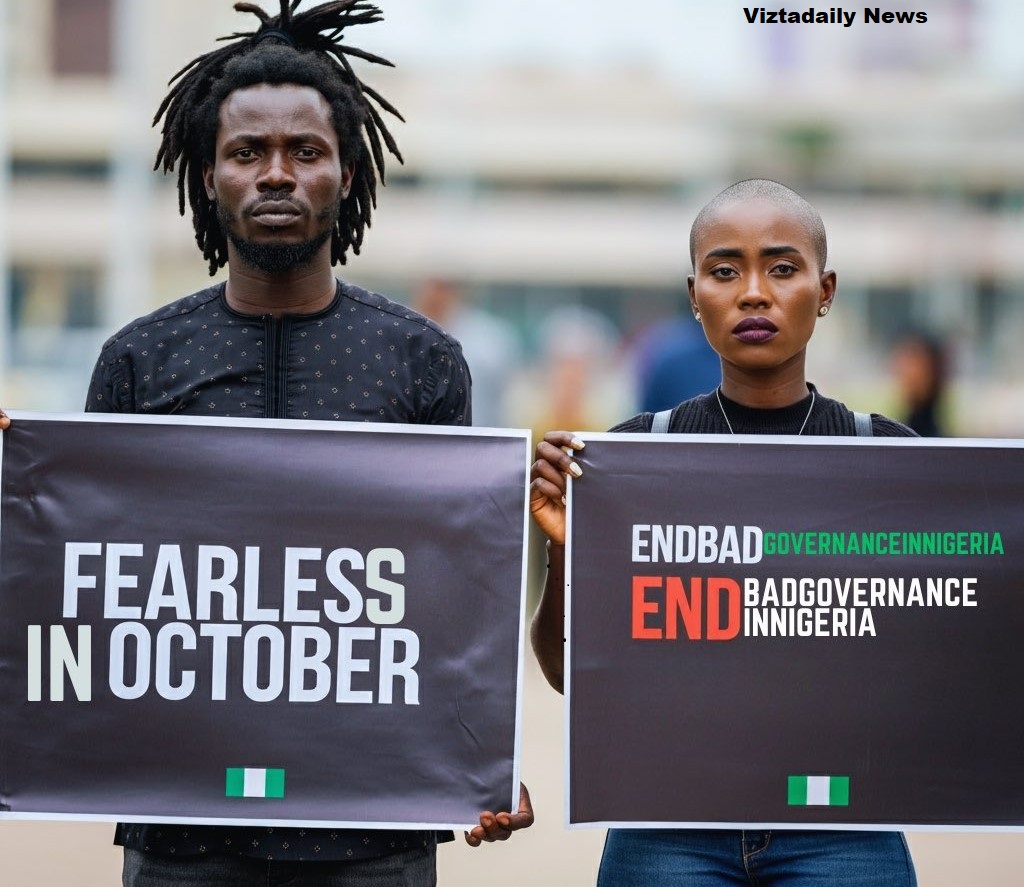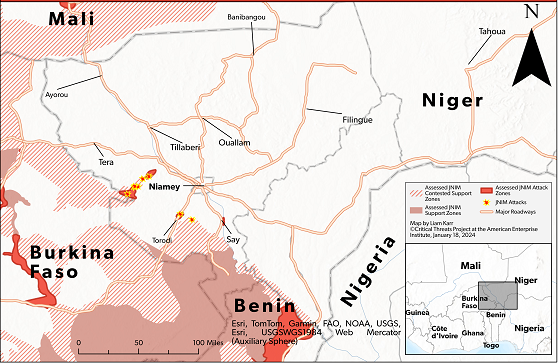In a harrowing turn of events, thirty-nine lives were lost in two brutal attacks in western Niger, near the border with Burkina Faso. This grim report was confirmed by Niger’s defense ministry on Saturday, highlighting the escalating violence that has plagued the region.
The Attacks: A Timeline of Horror
The attacks occurred in the communities of Libiri and Kokorou, where armed assailants targeted vulnerable civilians. According to the defense ministry, these attacks were a desperate response from criminals feeling the heat of ongoing military operations by Niger’s security forces.
The statement described these incidents as “horrific tragedies,” noting that 21 individuals were killed in Libiri and 18 in Kokorou, with children among the victims. The precise timing of these assaults remains unclear, but they unfolded between December 12 and 14, 2024.
Context: The Sahel’s Ongoing Struggle
The borderlands of Niger, Mali, and Burkina Faso have long been a hotbed for jihadist activity, with groups linked to both the Islamic State and Al-Qaeda exploiting the region’s instability. These organizations have waged a relentless insurgency against local governments, leading to widespread fear and insecurity. The situation has deteriorated significantly over recent years, with reports indicating that terrorist attacks have surged, resulting in thousands of fatalities.
In a particularly alarming report from Wednesday, both the BBC and RFI revealed that jihadists had reportedly killed 90 soldiers and over 40 civilians in Tera’s Chatoumane. However, Niger’s military junta dismissed these claims as “baseless assertions,” labeling them as part of a “campaign of intoxication” aimed at undermining their authority.
The Broader Implications
The recent violence is emblematic of a larger crisis in the Sahel region. As armed Islamist groups expand their operations, they not only threaten local populations but also destabilize entire nations. The United Nations has expressed concern over rising insecurity and humanitarian crises in West Africa, emphasizing the need for coordinated action among regional governments to combat these threats.
The humanitarian toll is staggering. According to reports from various organizations, including Human Rights Watch, there have been significant civilian casualties due to both terrorist attacks and retaliatory actions by security forces. Civilians often find themselves caught in a deadly crossfire, facing abuses from both sides.
A Call for Action
As Niger grapples with this escalating violence, it is imperative for both national and international stakeholders to address the root causes of terrorism in the region. This includes tackling issues such as poor governance, economic instability, and social unrest that fuel extremist ideologies.
In conclusion, the tragic loss of life in Niger serves as a grim reminder of the urgent need for effective strategies to combat terrorism and protect vulnerable communities. As the situation unfolds, it remains crucial for the international community to support efforts aimed at restoring peace and stability in this volatile region.



